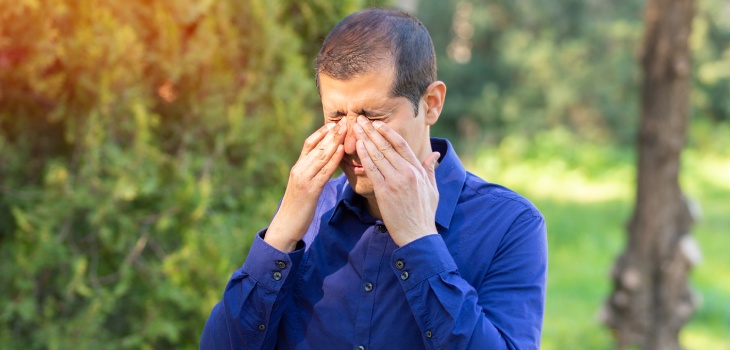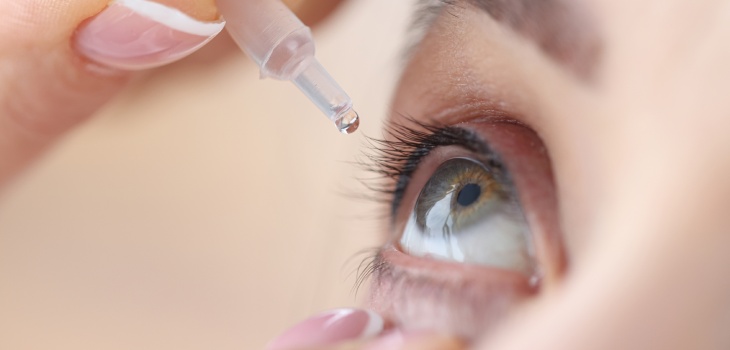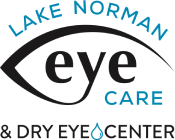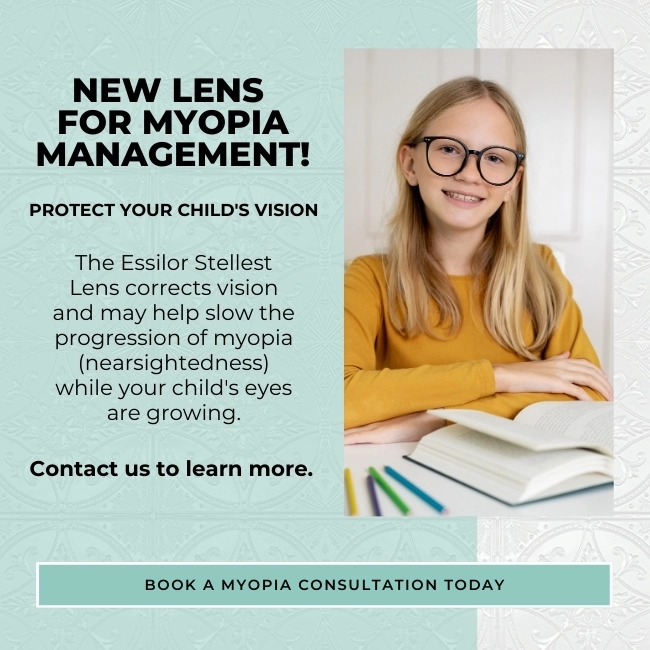Ocular allergies occur when the eyes react to allergens in the environment, triggering an immune response that leads to itching, redness, and discomfort. These allergens can vary from pollen and mold to pet dander and dust mites. As we age, our immune systems may become more sensitive, making us increasingly susceptible to allergic reactions, including those affecting the eyes.
The Telltale Signs
If you find yourself constantly rubbing your eyes or experiencing persistent itching, redness, tearing, or a sensation of grittiness, chances are you’re grappling with ocular allergies. While these symptoms may resemble those of other eye conditions, such as dry eye syndrome or conjunctivitis, the absence of discharge and the presence of seasonal patterns can often hint at allergic origins.

Identifying Triggers
Pinpointing the specific allergen triggering your ocular woes can be akin to navigating a labyrinth. Keep a vigilant eye on environmental factors such as pollen levels, exposure to pet dander, or changes in indoor air quality. Additionally, certain activities like gardening or dusting may exacerbate symptoms, providing valuable clues to help identify and avoid allergens.
Managing Ocular Allergies
Fortunately, there exist a plethora of strategies to alleviate the itch and reclaim ocular tranquility. Over-the-counter antihistamine eye drops can provide temporary relief by blocking histamine release, while lubricating eye drops can soothe irritation and flush out allergens. Minimizing exposure to allergens through measures such as using air purifiers, keeping windows closed during high pollen seasons, and wearing sunglasses outdoors can also help mitigate symptoms.

Seeking Professional Guidance
In cases of severe or persistent symptoms, the doctors at Lake Norman Eye Care in Mooresville, NC would be happy to help! Dr. Angela Harris and Dr. Mason Williams can conduct comprehensive eye exams to rule out other underlying conditions and prescribe stronger medications or immunotherapy if necessary. Additionally, they can offer tailored advice on managing ocular allergies and minimizing triggers based on your specific circumstances.



